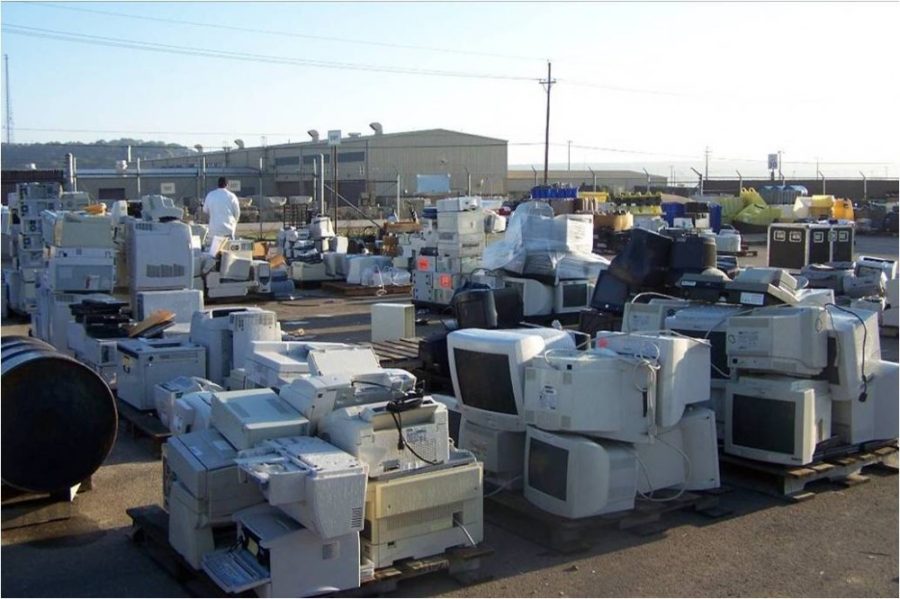From UA classrooms to research labs across the globe, here’s what’s happening this week in science:
Tucson
The UA Office for Research and Discovery, in collaboration with the College of Engineering, announced a new initiative to study how objects behave in space. They brought in Moriba Jah, a former NASA engineer, to spearhead the campaign and launch the UA into the forefront of space science.
This weekend, check out the UA Hackathon “Hack Arizona.” Over the course of 36 hours, more than 800 students from around the country will descend upon Tucson to brainstorm, innovate and build new technological gadgets.
Jan. 25 marks the beginning of the UA Science Lecture Series: Earth Transformed. Mark your calendars now so that you’re able to hear leading experts in climate change discuss the challenges facing our planet and the environment.
Arizona
In an effort to empower women and minorities in the STEM fields, Arizona State University established a groundbreaking Center for Gender Equity in Science and Technology. The organization aims to increase representation of girls and women of color in science by influencing policy and collaborating with members of academia.
The Arizona Technology Council Foundation will host Technology Recycling Day on Saturday. To help preserve the environment, drop off your old electronics at any Data Doctors store in the state of Arizona to ensure that they are responsibly recycled.
National
President Barack Obama gave science a starring role in his State of the Union address on Jan. 12. In between the standard dialogue about economics and foreign policy, Obama stressed the need to develop clean energy sources, devote federal money to medical research and innovate new technologies for the future.
In an article published on Cell on Jan. 14, geneticists at the University of Washington investigated DNA fragments floating freely in human blood samples. They observed that free-floating DNA in healthy individuals primarily came from nucleosomes, while free-floating DNA in cancerous individuals often came from cancer cells. Their discovery may have important implications for future methods of cancer diagnosis and treatment.
International
Fear no more, the World Health Organization announced on Jan. 14 that the deadliest Ebola outbreak in history, which ravaged West Africa and infected over 28,500 people, has finally ended.
For reasons unknown, 81 short-finned pilot whales swam ashore, causing 45 whales to die on a beach on the southern coast of India. Local officials are working to uncover the reason for their strange behavior.
Follow Elizabeth Hannah on Twitter









